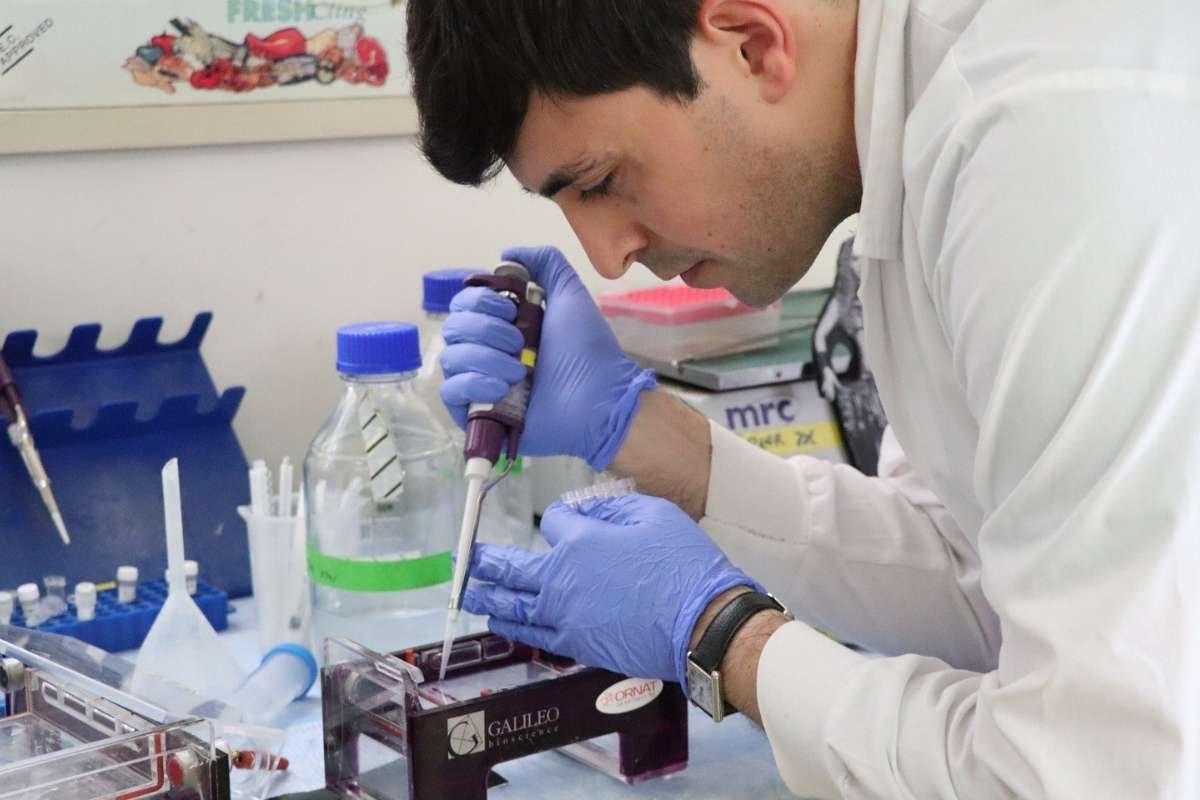In a global first, Israeli researchers have developed an mRNA bacterial vaccine that successfully combats an antibiotic-resistant bacterium—Yersinia pestis, the pathogen responsible for the pneumonic plague. The vaccine, tested on animal models, showed 100% effectiveness, preventing illness and death following exposure.
The research, led by Prof. Dan Peer at Tel Aviv University and Dr. Edo Kon from the Israel Institute for Biological Research, uses lipid nanoparticles to deliver bacterial protein-coding mRNA into cells. While mRNA vaccines have already proved effective against viruses like COVID-19, this marks the first time such a platform has worked against a bacterial infection—a more complex challenge.
Breakthrough in Science: How the Vaccine Works
Bacteria don’t rely on host-cell replication like viruses do, making vaccine development particularly difficult. The scientists addressed this by designing a bivalent mRNA bacterial vaccine that targets two separate bacterial proteins. Once injected, human cells produce these proteins, triggering a strong immune response. After two doses, the test animals showed complete protection from exposure to the lethal pathogen.
According to Prof. Peer, this innovation represents “a significant scientific achievement and proof of concept,” proving mRNA technology can be tailored for a wider range of pathogens. The researchers now plan to expand their work to other drug-resistant bacteria such as MRSA and tuberculosis.
The implications for global health are enormous. The World Health Organization has long warned that antibiotic resistance could become one of the leading causes of death worldwide by 2050. This development offers a game-changing tool for preemptive protection, especially in hospitals where bacterial infections are common.
mRNA’s Expanding Role: From Pandemic to Plague
The vaccine also made headlines in India, with The Times of India highlighting its success and potential applications. Notably, the pneumonic plague—transmitted through the air—is highly fatal and has long been a concern for bioterrorism and sudden outbreaks. Despite being historically infamous for the Black Death, plague cases still occur in parts of Africa and Asia. An mRNA bacterial vaccine that neutralizes it offers both medical and strategic value.
Experts believe this success confirms the versatility of mRNA technology, not just for viral pandemics, but also for emerging bacterial threats. The vaccine’s rapid development, strong immune response, and scalability could reshape how the world responds to infectious disease, especially in the face of rising antimicrobial resistance.
What’s Next?
- Clinical Trials: Human testing is the logical next step, but regulatory pathways for mRNA-based bacterial vaccines are still evolving.
- Logistics: Like COVID-19 vaccines, this candidate also depends on cold-chain storage, which remains a logistical challenge.
- Global Impact: The technology could be adapted for rapid vaccine deployment during outbreaks or even used preventively in hospitals.
This pioneering mRNA bacterial vaccine marks a turning point in the global fight against antibiotic resistance. With full protection demonstrated in preclinical trials, it sets the stage for a future where bacterial pandemics might be prevented before they even begin. As research progresses, the hope is that mRNA will evolve from a pandemic response tool to a cornerstone of everyday medical defense.







